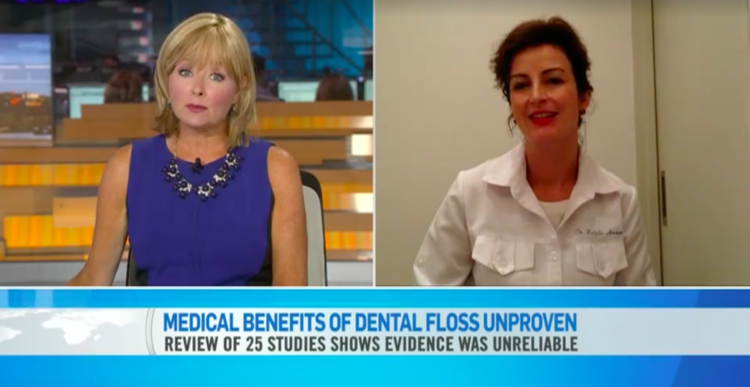Dr. Archer was thrilled to present at the PSW Forum of the Alzheimer Society of Toronto. The theatre was packed with a passionate and dedicated group of personal support workers from across the city, and Dr. Archer was proud to share her passion for dental care as a human right.
Oral health is essential and often forgotten. Simply brushing someone’s mouth twice a day improves their self confidence, ability to eat and ability to communicate. With some patients, brushing can be challenging, but should never be forgotten. Dr. Archer presented some simple tips and tricks to the PSW Forum. Here are some highlights:
- Brush twice a day, and always before bedtime
- Label dentures, always remove at night and place in water, always keep clean
- A mouth prop makes it easy to get into more difficult mouths (http://www.specializedcare.com/shop/pc/Open-Wide-Mouths-Rests-4-BACKORDERED-5p6.htm)
- A surround tooth brush can bring brush time down to under 1 minute – absolutely amazing tool (http://www.specializedcare.com/shop/pc/3-Surround-Toothbrushes-37p2.htm)
- Use a gentle, kind, circular touch on the cheek before working on patients with dementia
- Notice patterns in patients – what time of day or place are they most comfortable – patients with dementia demand extra care, always ask “Why not What”
- Sponges are not oral care tools, don’t use them! Throw them away!
Did you know that the number one cause of death in long-term care facilities is acquired pneumonia? Increasingly research is showing that acquired pneumonia is caused by poor oral health and buildup of plaque. It’s time to take a stand – let’s not forget that proper, regular brushing can save people’s lives!
Questions from the Audience:
Q: What about people who are clenching hard and making it very difficult to brush?
A: You only need a little space to get in there. Buckle up and do it – you can’t ignore someone’s oral health without putting them in serious risk of infection. Of course start with giving a gentle cheek rub, always approach with a smile and with kindness, but if absolutely nothing is working don’t give up. Try to start a conversation, often patients will open their mouths enough to get an mouth prop in or even a popsicle stick. Once you have a bit of leverage, brushing becomes possible. A mouth prop is also a great way to prevent the patient from biting – because your safety is always first.
Q: What about sponges? Do they work as an alternative?
A: I’m not sure who introduced sponges into the oral health care system but unfortunately they have stuck around. If you want to see if sponges work, dedicate yourself to this for three days. Take a sponge, and only use that sponge to clean your mouth. Don’t cheat – don’t brush – and see how you feel after three days. Can you even stand beside someone and have a conversation? Sponges don’t work – don’t use them.
Q: What about mouthwash?
A: Warm water with salt has the same effectiveness. Mouthwash can often be very drying – and for patients with dry mouth – we want to avoid that at all costs. It’s also difficult to prevent swallowing. It can work as something to dip the toothbrush into for the flavour but overall I would not suggest mouthwash. I don’t even use it personally.
Q: What about brushing the tongue?
A: Unless it’s completely impossible, I try to get the patient to brush their own tongue. It’s very hard to prevent gagging when you are brushing someone’s tongue. Unless there are deep grooves in the tongue, it’s usually not a huge concern and good brushing will encourage a healthy tongue.
Q: I actually have a tip. I was volunteering and working with children who have developmental disabilities. One technique that worked very well is I allowed the children to brush my teeth while I brushed their teeth. Doing this was a lot of fun and it allowed the children to open up and relax.
A: I’m glad you brought this up, thank you. This is a great idea and I’ve seen this work with patients as well!
View this video with amazing tips on oral health for personal support workers and family members.
For more resources and information, see Archer Dental’s helpful video and the International Caregiver’s Association’s website:







